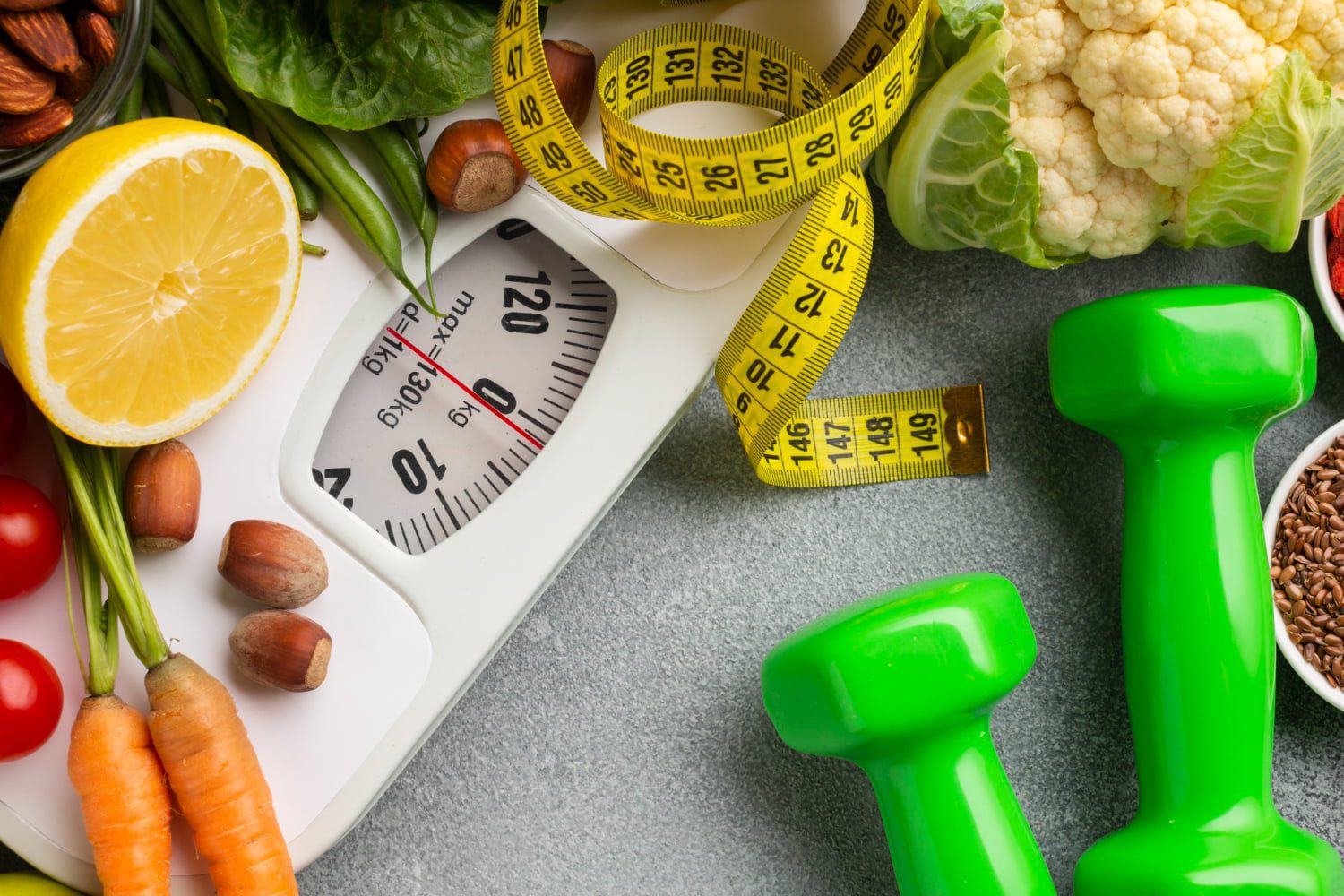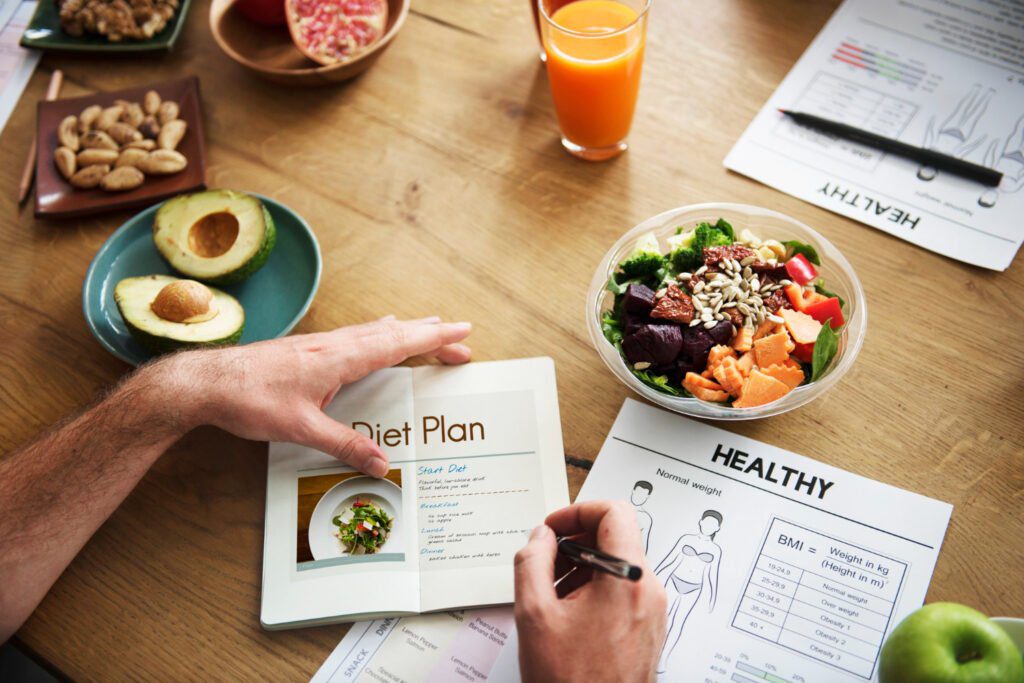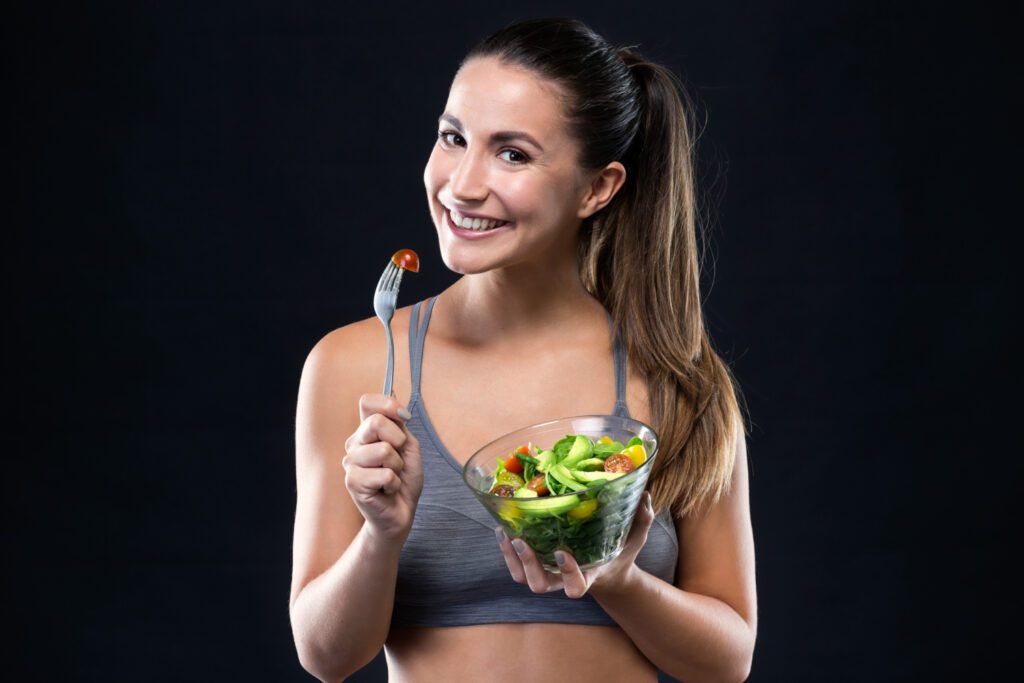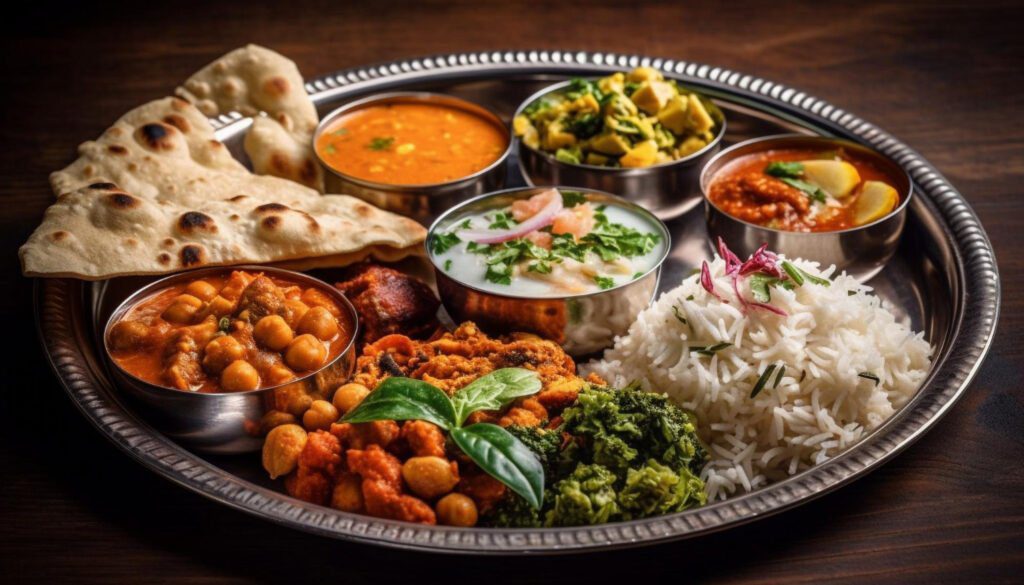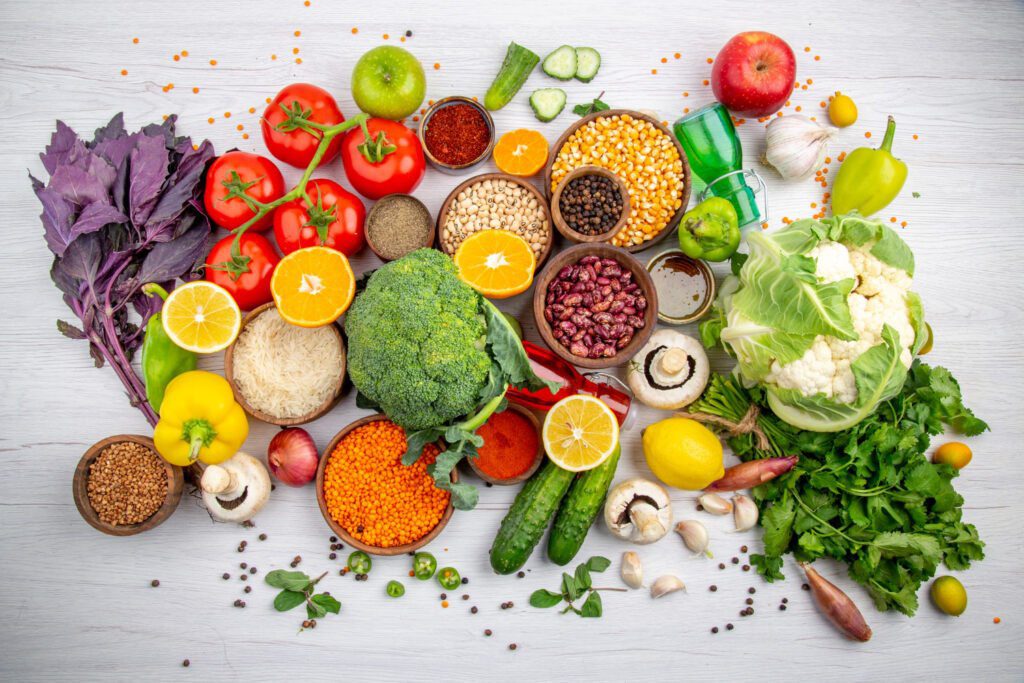When a person needs to lose weight, it is important to analyze and know what has caused them to gain weight to identify it and learn to control it if it is a problem of bad habits. Can’t you lose weight even though you’re on a diet because you eat between meals? These tips can help you stop snacking and lose weight by learning to eat better.
When it comes to losing weight there are no miracles, the method that works is to increase caloric expenditure and reduce intake.
Best Strategy.
To increase caloric expenditure , the best strategy is activity and daily physical exercise , it is not necessary to do a marathon or sign up for a triathlon, it is enough to have between 30 and 45 minutes a day of exercise, which can be light aerobic, from dancing , swimming, pedaling or walking lightly if the person is very overweight or already obese and the person is more limited when it comes to moving. Interspersing exercise sessions to gain muscle mass and start losing weight while protecting the joints. And if it is slightly overweight, or the person is already active , spending can be increased, it is not necessary to increase the exercise time, it is more important to increase the intensity and prioritize muscle mass gain, prioritizing higher intensity exercise.
When the person with functional exercise routines at home, in the park or in the gym, working with weights, or series and changes of rhythm when running, swimming or pedaling a bike. Without stopping doing aerobic activities throughout the day, since no matter how much we train in the gym, inactivity and a sedentary lifestyle during the rest of the day can slow down weight loss.
importance of food to reduce caloric intake.
We are going to talk about the importance of food to reduce caloric intake, especially how to find nutritional strategies to avoid eating between meals. It is clear that to reduce caloric intake when losing weight, we work with food, looking for the diet that best suits each person and their circumstances. But the success of a diet usually lies in the control of what you eat between meals, snacks, for many people.
7 tips to avoid overeating between meals.
What can I do to stop snacking between meals and lose weight? Here re some tips anyone can follow:
1. Eat breakfast, avoid fasting if you are a snacker.
Intermittent fasting has gained a lot of popularity and is increasingly practiced, but it is not a good nutritional strategy if your problem is snacking between meals, and you decide to eliminate breakfast to spend 16 hours fasting. It is true that eliminating breakfast can reduce caloric intake, by stopping the 300 calories that a traditional breakfast of coffee, toast and tomato represents, for example. But if in the middle of the morning you are so hungry that you need to eat something, an apple or a yogurt is not going to be enough if you haven’t had breakfast, you are going to go directly to the omelette skewer, the bag of chips, the bun or the chocolate bar.
Which is more than 400 calories. While it seems like skipping a meal is an easy way to cut calories, skipping breakfast is often counterproductive when hunger strikes in the middle of the day, during a stressful workday. and it leads you to overeat, and most of the time not in a healthy way. In addition, this sinks you psychologically when you see that you have broken your diet before meal time.
2. Serve food on two plates and dessert and in small portions to eat more slowly.
When we are hungry or anxious, we usually eat very quickly, without chewing or savoring the food. One way to avoid snacking is to return to enjoying main meals such as breakfast, lunch and dinner, even if we are on a diet to lose weight. It is enough to make each recipe a restaurant dish, serving the portions that correspond to first, second and dessert, we have a break between each dish, we eat more slowly and give time for the stomach to send the signal to the brain of satiety, recovering the control of appetite and hunger. If you also serve on small plates, visually they will appear to be larger portions.
3. When you eat, you eat, without distractions.
Before, mothers and grandmothers would show us the TV so we could eat the chard without protesting. Now everything has changed, we have technology so close at hand with our mobile phone, tablet, etc., that we eat without thinking about what we eat at the table. Worse still, when the problem is snacking between meals, and you are going to eat a bag of chips or ice cream while watching series, you finish it without realizing it or enjoying it. Put your foot down and turn off the technology at mealtime. You should especially be careful to associate snacks with technology, if you are going to watch YouTube videos, do not eat something while.
4. Cook and eat at home.
When you cook what you are going to eat, you learn to appreciate the ingredients and enjoy the recipes afterwards, you cook to eat healthy and avoid the temptation to order food or heat up any processed food. The better you cook, the less you will snack, because what you cook and eat feeds your stomach, teaches you to choose healthy foods for your recipes, to plan times to eat as a family, to sit at the table and eat well until you feel full. . And most importantly, when you are a good chef, it is not enough for you to eat anything between meals, good cooking makes you be more demanding with what you eat and reinforces your will to wait to eat better and not snack between meals.
5. Is it hunger or is it thirst?
They are sensations that are confused, and we must ask ourselves if we want something salty like olives or French fries because we are dehydrated and the brain asks us for water and salts. Sometimes we are so stressed by life that we are almost dehydrated, but we don’t realize it because we have been drinking coffee or tea, which are caffeinated drinks with a diuretic effect, or we carry the water bottle all morning, but then after eat we no longer drink, and we arrive home at dinner time with low hydration levels. Hydrating throughout the day will help you avoid snacking between meals, in addition to having a slight satiating effect before main meals.
6. If you really need to eat something between meals, choose healthy snacks .
Sometimes the body really asks us for energy, because it is a very active day, because we have eaten little, or because yesterday we trained hard and today the muscle asks for more glucose. How do you realize that you need to really eat between meals? Before your blood sugar crashes and you lose effectiveness, prepare a healthy snack with an infusion, a fruit and a yogurt or a yogurt with a handful of nuts. They are foods that you can have on hand and are not usually desired, but when your mind and brain are in need of energy, they are welcome, and they are satiating, so they do not cause ups and downs in blood glucose that would make you snack again. new in a short time like what happens with the candy or sweets that you hide in the desk drawer.
7. Be aware and think before you snack .
We don’t usually snack because we are physically hungry, we snack because we have anxiety or emotional hunger, and food calms us, especially when it is rich in sugars and fats, but that emotional void cannot be filled with chocolate or lasagna, that void requires you to consider yourself. face your anxiety and work with it. It can help you to write down what you eat for a week, especially between meals and times. Analyze if there is a pattern that leads you to eat sweets mid-morning or pasta and pizza for dinner, if so, think about what causes it. If it has been a stressful day at work, if it is the day that you have not been able to train and you go up the walls, if it is when you sleep badly, or when you have an argument with your partner or with the children.
Life It is full of emotional potholes, but we must learn to live with them, they are part of the landscape. Having a mind in mindfulness mode, in which you learn to stop, to breathe consciously, will lead you to control your snacking. Try taking 10 calm breaths, inhaling through your nose for 4-5 seconds and exhaling through your nose or mouth in 7-10 seconds. Let your mind calm down, because that’s what you need to be well, you don’t need a chocolate bar every time you feel stress or tension.
Frequently Asked Questions.
You can control your hunger to lose weight by eating more fiber-rich foods, staying hydrated, eating smaller, more frequent meals, and avoiding processed foods high in sugar and fat.
It is recommended to wait at least 3-4 hours between meals to lose weight.
Bottom Line.
There are several strategies that can be implemented to stop eating between meals and aid in weight loss. These include practicing mindful eating, staying hydrated, consuming balanced meals, and finding alternative activities to distract from food cravings. By making small changes to our eating habits and lifestyle, we can take control of our food choices and ultimately achieve our weight loss goals. Remember, consistency and perseverance are key to successful weight management.
How we reviewed this article:
Our team of experts is always monitoring the health and wellness field, ensuring that our articles are updated promptly as new information emerges. See Our Editorial Process
May 13, 2025
Written By: Danielle Pashko
Reviewed By: Kim Ross
Written By: Danielle Pashko
Reviewed By: Kim Ross

 Workout
Workout
 Meditation
Meditation





 Contact Us
Contact Us

